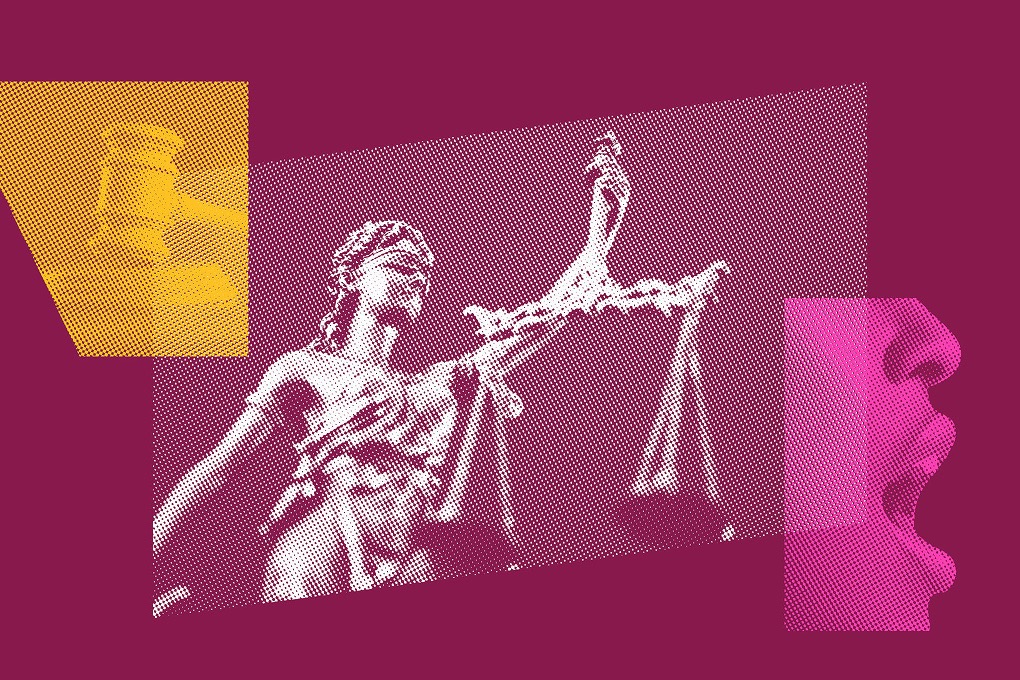Remember the adage “one person, one vote?” In an increasing number of states, it’s more like:
1 person
+ 1 birth certificate
+ 1 marriage license
+ 1 utility bill
+ 1 trip to the DMV
= 1 vote
That’s because states around the country — from Kansas to Wisconsin to South Carolina — are approving voter identification laws, which would require voters to show a photo ID in order to cast a ballot.
Those of us who drive, have passports and are generally well-resourced may be surprised to learn that a lot of Americans don’t have photo ID. In fact, research estimates that one in four African-Americans of voting age don’t have government-issued photo identification. Senior citizens and low-income folks also lack ID at disproportionate rates.
So say you live in Wisconsin and you want to vote, but you don’t have a valid driver’s license or state ID card. In order to get one, you’ll need to prove your name and date of birth (your birth certificate will suffice, but only if it’s a certified copy — no hospital copies allowed), your identity (with something like a social security card or marriage license — original only) and your Wisconsin residency (a utility bill will work). You’ll also need a ride to the nearest DMV, which, depending on where you live, may only be open between 8:30 a.m. and 11 a.m. on the second Wednesday in January, March, May, July, September and November.
Why not make folks guess the number of bubbles in a bar of soap while we’re at it?
To add insult to injury, there’s no credible reason why photo ID at the polls is necessary. Proponents say that voter fraud is rampant, but it’s just not true. In Kansas, records show a whopping seven cases of alleged voter fraud in five years, six of which were not even prosecuted. But that didn’t stop Gov. Sam Brownback from signing a voter ID bill into law back in April. And it didn’t stop the South Carolina, Texas, Wisconsin, Missouri and Minnesota legislatures from passing voter ID bills either. (Fortunately, someone appears to be minding the store in Minnesota — Gov. Mark Dayton is likely to veto that state’s bill. And voters in Missouri would have to approve a constitutional amendment to make voter ID effective there.)
So congratulations to all those state legislators out there who are supporting voter ID — you’re doing a great job of solving a problem that doesn’t really exist, and suppressing the vote while you’re at it, just in time for a major election.
Learn more about voting rights: Subscribe to our newsletter, follow us on Twitter, and like us on Facebook.

